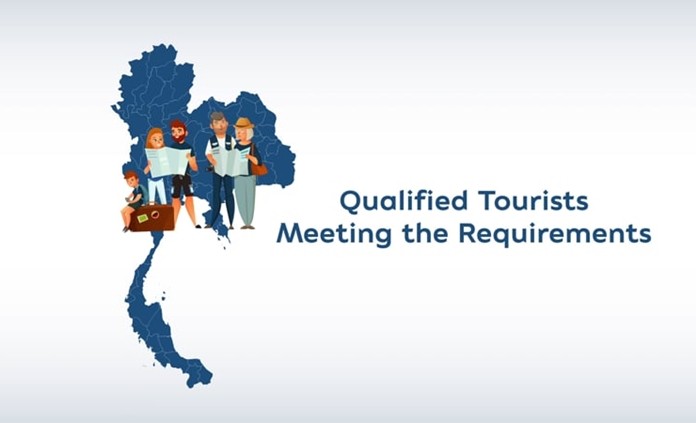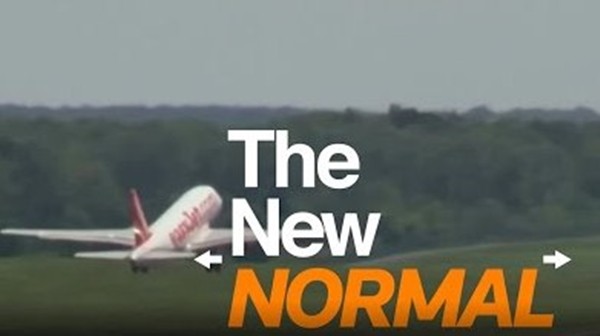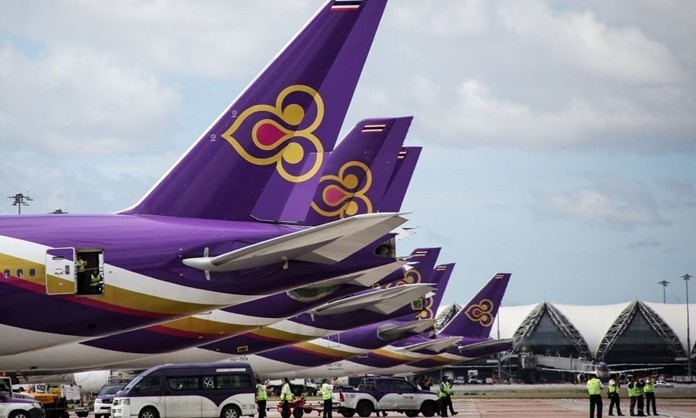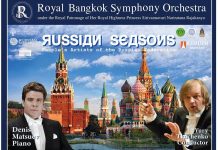The days when all you needed to visit Thailand was a passport and an air ticket came to an abrupt halt seven months ago and are not about to shine again any time soon: maybe months, maybe years, maybe never. Obviously, much will depend on the still-unavailable vaccine and how quickly it can be distributed round the globe whose total population is nearing eight billion. Sounds like a very lengthy process. Especially if everyone needs two jabs rather than one.
We now know for sure that the new Special Tourist Visa (STV), approved in principle by the government for foreign vacationers wanting a stay of up to 270 days, will require a mountain of documentation including Covid-19 pre-departure tests, a fit-to-fly certificate, comprehensive medical insurance including but not restricted to coronavirus issues, proof of acceptable quarantine hotel or spa booking in Thailand for a fortnight and a confirmed booking on a charter flight or private jet. Phew!

It has not yet been announced which nationalities are acceptable (those with low infection rates) and which are banned (those with second-wave problems). Moreover, the application process starts – but certainly does not finish – with an email request to the Thailand Longstay Management Company (TLMC), technically a non-governmental agency, although it will liaise closely with the immigration bureau, the Tourist Authority of Thailand, the Ministry of Foreign Affairs and – lastly – the Thai embassy located in the country where the applicant resides. Another phew!
In other words, the long stay holidaymakers will need the same voluminous documentation as the foreign work permit holders, seriously ill medical tourists, students, film crews, diplomats, foreign spouses of Thai nationals and other narrowly-defined groups who can currently apply for that vital certificate of entry given by the appropriate Thai embassy. The STV applicants arguably will have a tougher time as they can’t obtain a ticket on a repatriation flight to Thailand and will have to be member of a group either on a charter flight or in a private jet.

Although the fine print has yet to be revealed, various consequences follow from decisions already made. Individuals can’t apply for the STV as group travel is mandatory. Arranging that is presumably the role of the TLMC, founded in 2001, which has long experience of coordinating with foreign tour companies and charter flights. Amongst the ambiguities currently floating around is how a charter flight can operate meaningfully when all the passengers arrive together but might want to go back home at different times, anywhere between the minimum 90 days and the maximum 270 designated in STV publicity. That issue needs re-visiting.
The 14-days quarantine requirement, even if it is spent in a five star hotel at your own expense or even a pampering spa, is obviously a significant negative factor in recruitment. But an even bigger issue is likely to be the mandatory US$100,000 comprehensive medical insurance. To repeat – this is not just Covid-19 cover. Such insurance can be both expensive and difficult to obtain for older travellers and almost impossible for those in those in their 70s and above. It is true that one or two of the Thai companies offering such insurance say they will take applications from the advanced-elderly, but a detailed medical examination will be required prior to acceptance. How many will pass it is anyone’s guess.
Of course, there are some elderly tourists who have been with their foreign insurers for many years – BUPA for example – and paid their premiums regularly. They may still be covered by a particular foreign company. But it looks very likely that the only acceptable US$100,000 insurance for travel to Thailand will be from one of the designated Thai companies. If so, that would mean applying for the first time, disclosing pre-existing conditions, medical history and all the rest. Not straightforward.
Perhaps all these complexities and restrictions will be temporary and, sometime in 2021, everything will return to the easy-come-easy-go pre-pandemic scenario. Maybe. In the meantime, it would be best to assume that all travel to Thailand will be expensive for all, bureaucratic for all and discriminatory for the elderly for the foreseeable future. The situation is not the fault of the Thai government which has the delicate task of balancing international tourism against public health issues. The pesky pandemic is a tragic game changer in so many areas of daily life, both domestic and international. The million dollar question is whether the new-normal will ever be remotely normal again.

 |
 |
 |





